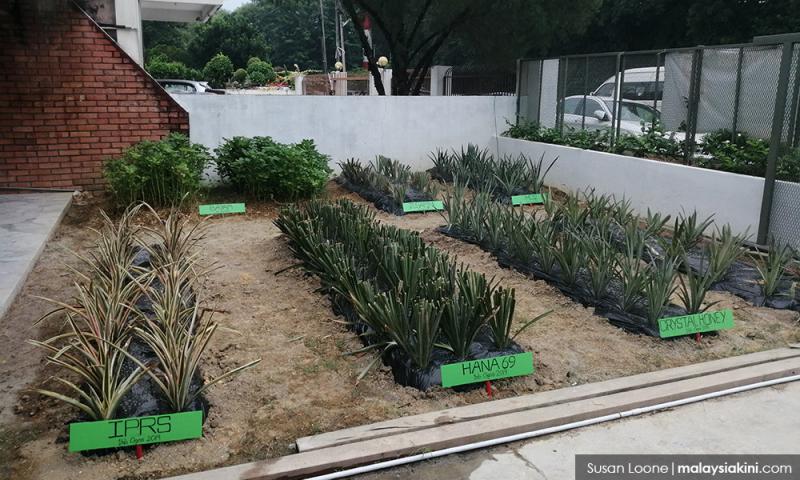LETTER | Integral ecology a model for urban farming
LETTER | “Urban farming” has become a buzzword in the country. Currently, there are around 11,000 urban farming communities in Malaysia and the government aims to create 20,000 urban farming communities around the country by the year 2030.
Urban farming is a government initiative program to ensure a complete food supply chain and beef up food security in the country.
During my visit to the UK in 2019, I had the opportunity to visit a professor’s home in a London suburb. During the brief visit, I was taken to a neighbourhood where there was an urban farming area that was utilised by its residents.
What impressed me the most was that the local government has provided land spaces for urbanites to till it and grow food, which is vital for food security and nutrition.
Urban farming, if properly planned and executed, preserves green space in cities, providing places for neighbours to come together, strengthen bonds, and build community cohesion. Urban agriculture connects people with the earth and the source of their food, as well as with each other.
Urban farming protects the environment and reduces food inflation in the sense that there could be the reduction of the movement of vehicles to supply food and it could be a way to mitigate global food supply chain disruptions.
What is worrying is that urban farming could take the form of technological commercialisation that ultimately benefits big businesses more than the common people.
The urban farming process could become a tool of rich conglomerates where its farm production could only be afforded by those who are rich or are a part of the upper-middle class.
In this context, the vital question is how do we include the urban poor in urban farming, especially in lands that are not utilised or abandoned? Can the homeless or those living in squatters be part of urban farming? Could they be provided lands for such purposes?
Pope Francis in his encyclical on the environment using biblical understanding states that human life is grounded in three fundamental and closely intertwined relationships: with God, with our neighbour and with the earth itself”. When one of these relationships is broken, the others are broken too.
This is the essence of what Pope Francis calls integral ecology. It is why he says we need to hear “both the cry of the earth and the cry of the poor”.
The term integral ecology could provide the best model for local government vision that should intertwine the spiritual, human and ecology. It is time that city planners around the country integrate the poor into urban farming activities as a way to ensure equitable aspects of urban farming take root in the country.
Lately, the Association for Welfare, Community and Dialogue (ACID), partnered with Ipoh Barat MP M Kulasegaran, had on April 2 met with the local and state government authorities on how to integrate urban poor into fields like urban farming.
It is hoped that a just model of urban farming could emerge in the state of Perak and the country as a whole. Integral ecology could be a model for urban farming.
RONALD BENJAMIN is ACID secretary.
The views expressed here are those of the author/contributor and do not necessarily represent the views of Malaysiakini.
RM12.50 / month
- Unlimited access to award-winning journalism
- Comment and share your opinions on all our articles
- Gift interesting stories to your friends
- Tax deductable
